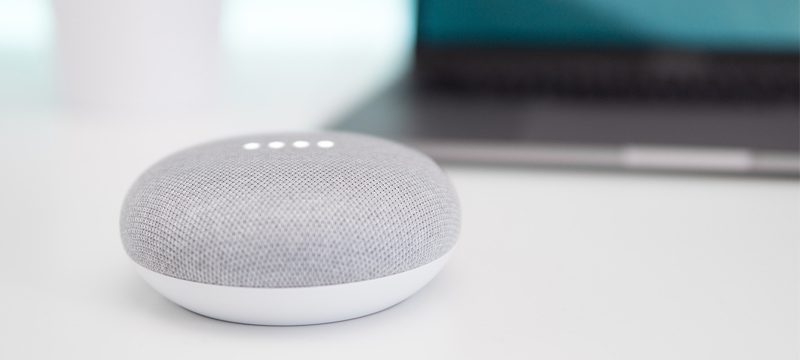Businesses are using the Internet of Things (IoT) more and more these days to make the most of the data from various different connected devices. And this data can be especially useful for improving Search Engine Optimization (SEO). By using insights from IoT devices, as a business you can update your SEO strategies, get to know how users behave and what they like, helping to create a better and more personalised online experiences. Read on to find out more about this.
Understanding IoT Data
IoT devices ranging from everything from smart thermostats to wearable fitness trackers, and they churn out a whole lot of data. The masses of information provides a goldmine for businesses looking to refine their SEO tactics, but it’s not just about the quantity of data. Itt’s all about extracting meaningful insights that can steer your SEO efforts in the right direction.
User Behavior Insights
One of the main benefits of leveraging IoT data is the ability to gain a better understanding of user’s behaviour. Analysing how users interact with connected devices can reveal patterns, preferences, and pain points. For instance, if your target audience predominantly accesses your website through a smart home device, tailoring your content to align with voice searches is an obvious change. Knowing the preferred device or time of day for user engagement allows for better optimisation.
Personalisation
Personalised experiences resonate with users. IoT data enables businesses to deliver content that aligns with individual preferences. Imagine a scenario where a user regularly accesses your website via a wearable fitness tracker. Armed with insights into the user’s fitness routine, preferences, and health goals, you can tailor content to offer relevant tips, product recommendations, or exclusive fitness-related promotions. This level of personalisation not only enhances user engagement but also contributes positively to SEO metrics.
Refining Keyword Strategies
Understanding the language users employ when interacting with IoT devices can help with your keyword strategies. Voice searches are a common feature in many IoT devices, and often differ in structure from traditional text based searches. Incorporating conversational and long tail keywords can optimise your content for these voice activated queries, making sure that your website remains visible in search results. Have an SEO expert help with this if you’re not sure which keywords to target.
Enhancing Website Performance
IoT devices are often characterised by having fairly limited processing power, so emphasise the importance of a fast and responsive website. Google considers page speed a crucial ranking factor, and a quick loading website will always contributes to that positive user experience you’re after. By analysing data from IoT devices, as a business you can identify potential bottlenecks or elements that are slow to load, which then allows you to target improvements that can positively impact your SEO rankings.
Security
When you’re embracing IoT data for improvements with your SEO, you must always prioritise security. Both SEO and user trust hinge on a secure online environment. Google favours secure websites, and users are more likely to engage with a platform that safeguards their data. Implementing robust security measures makes sure that there’s a win-win scenario, with improved SEO rankings and user’s confidence being boosted too.
The post Using IoT in Data-Driven SEO Strategies appeared first on IoT Business News.

